Category: Nutrition
-

5 Foods to Avoid with Diverticulitis
A diagnosis of diverticulitis means you will likely face several lifestyle changes to manage your disease, whether you’re treated conservatively with antibiotics or face surgery to remove the infected, damaged tissues in the digestive tract. One of the main changes you’ll face involves diet adjustment, to avoid foods that aggravate your conditions and introduce foods…
-

An Ounce of Prevention? What Coffee Can Do for You
For some, the unmistakable aroma is enough to perk up the senses and get the mouth watering. An estimated 100 million Americans consume coffee daily. And while many of us rely on (and joke often about) our morning cup o’ joe to kickstart our days and keep us going, coffee is far more than a…
-
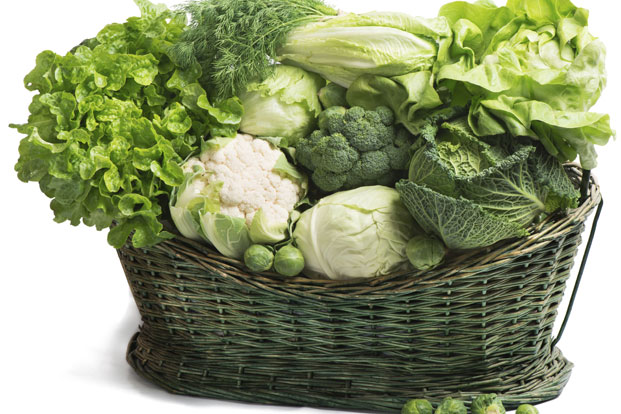
5 Vegetables that Prevent Cancer
Your dinner plate should be an artist’s palette, a rainbow of diverse hues. If your dish is rich in full of drab browns and grays, it’s time to color your culinary world with deep reds, bright yellows and oranges, greens and more. There’s a growing body of research that proves eating lots of colorful vegetables…
-
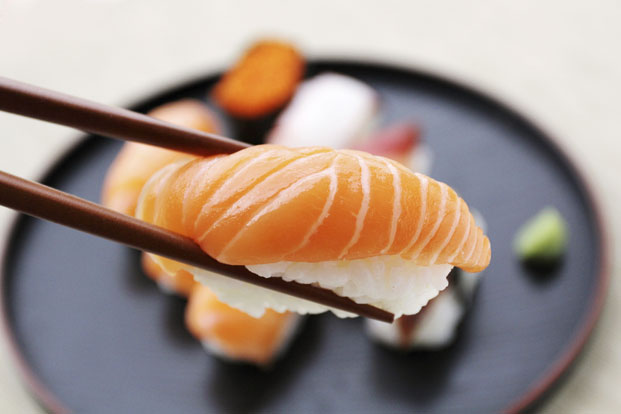
The Health Risks – And Benefits – of Eating Sushi
Since sushi was first introduced to the American mainstream culinary scene in the 1950s, it has exploded in popularity, spreading from the West across the country and becoming a popular, and healthy, choice of cuisine for the discerning diner. Sushi, which has been a staple in Japanese culinary culture for centuries, has also been the…
-
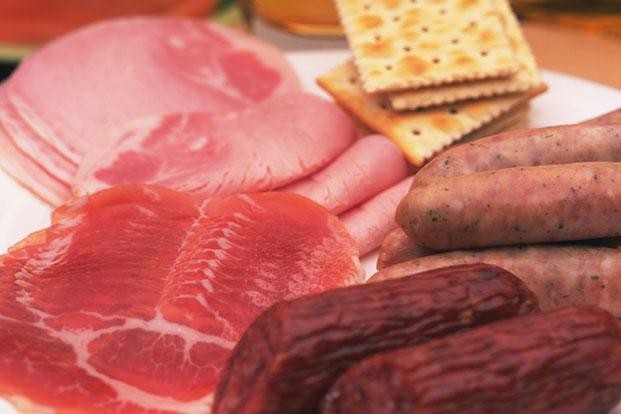
3 Shocking Foods that Increase Your Stroke Risk
Pepperoni pizza doughnuts steak diet soda. The staples of the American diet – not to mention the ingredients for skyrocketing stroke risk. From sodium nitrates, which can directly harm your blood vessels, to preservatives, salts and artificial sugars, these foods wreak havoc on the body. Understanding Strokes Before we delve into the unhealthy foods that…
-

5 Surprising Arsenic Sources
Imagine eating tiny grains of arsenic with your healthy morning cereal? Or downing some sushi with minute amounts of poisonous compounds? Or taking your daily vitamin with a little bit of arsenic? Impossible you say. Not so, says recent research that confirms the presence of arsenic in our food, water, air, and soil. The fact…
-

Signs of Vitamin B Deficiency
Vitamin B deficiency is a condition that affects the body’s ability to make sufficient red blood cells, which can have a number of preventable and unavoidable causes. This condition can be caused by a number of dietary factors, including a lack of animal products (as with vegetarian and vegan diets), poor nutritional intake during pregnancy,…
-

Signs of Iron Deficiency
Iron deficiency, a common form of anemia, is a disorder characterized by a lack of healthy red blood cells in the blood. Those cells handle transporting oxygen to the body’s tissues. This condition, according to the World Health Organization, affects more people worldwide than any other and has been deemed a “public health condition of…
-
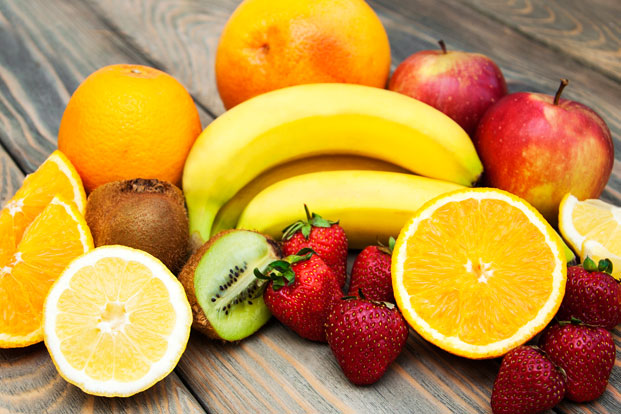
8 Signs You May be Missing Nutrients
Loss of appetite, abnormal heart rhythms, severe fatigue, depression, seizures and personality changes. These are some little-known symptoms of nutritional deficiencies. This list demonstrates how many important bodily systems are disrupted at a basic level of functioning by insufficient levels of vitamins and minerals. “Nutrient deficiencies alter bodily functions and processes at the most basic…
-
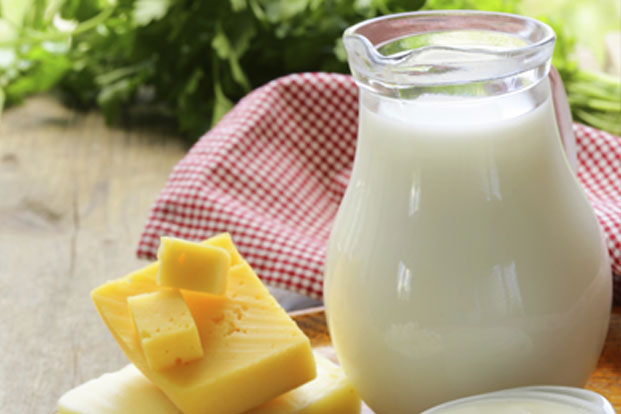
Surprising Foods that Prevent a Stroke
“Stroke is scary for many people because it seems — and often is — an unpredictable and mysterious event,” said Amy L. Doneen, medical director of the Heart Attack and Stroke Prevention Center in Spokane. “The good news is these events are preventable.” Eighty percent preventable, according to the National Stroke Association. That’s 80 percent,…